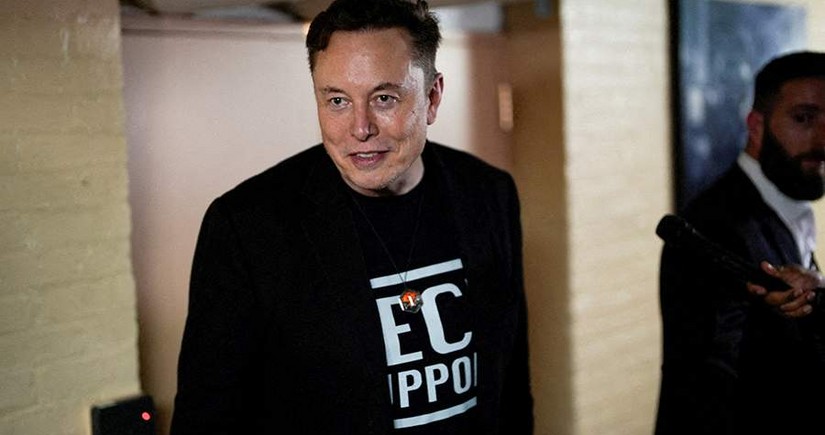NYT: DOGE is far short of its goal, and still overstating its progress
- 14 April, 2025
- 09:59

Elon Musk's Department of Government Efficiency (DOGE) deliberately exaggerates the economic impact of his budget cuts, but the real success in saving government money is less, The New York Times (NYT) says, citing sources, Report informs.
Last week, Elon Musk indicated for the first time that his Department of Government Efficiency was falling short of its goal.
He previously said his powerful budget-cutting team could reduce the next fiscal year’s federal budget by $1 trillion, and do it by Sept. 30, the end of the current fiscal year. Instead, in a cabinet meeting on Thursday, Mr. Musk said that he anticipated the group would save about $150 billion, 85 percent less than its objective.
Even that figure may be too high, according to a New York Times analysis of DOGE’s claims.
"That’s because, when Mr. Musk’s group tallies up its savings so far, it inflates its progress by including billion-dollar errors, by counting spending that will not happen in the next fiscal year — and by making guesses about spending that might not happen at all," NYT says.
One of the group’s largest claims, in fact, involves canceling a contract that did not exist. Although the government says it had merely asked for proposals in that case, and had not settled on a vendor or a price, Mr. Musk’s group ignored that uncertainty and assigned itself a large and very specific amount of credit for canceling it.
It said it had saved exactly $318,310,328.30.
Musk’s group has now triggered mass firings across the government and sharp cutbacks in humanitarian aid around the world. Mr. Musk has justified those disruptions with two promises: that the group would be transparent, and that it would achieve budget cuts that others called impossible.
Now, watching the group pare back its aims and puff up its progress, some of its allies have grown doubtful about both, according to NYT.
